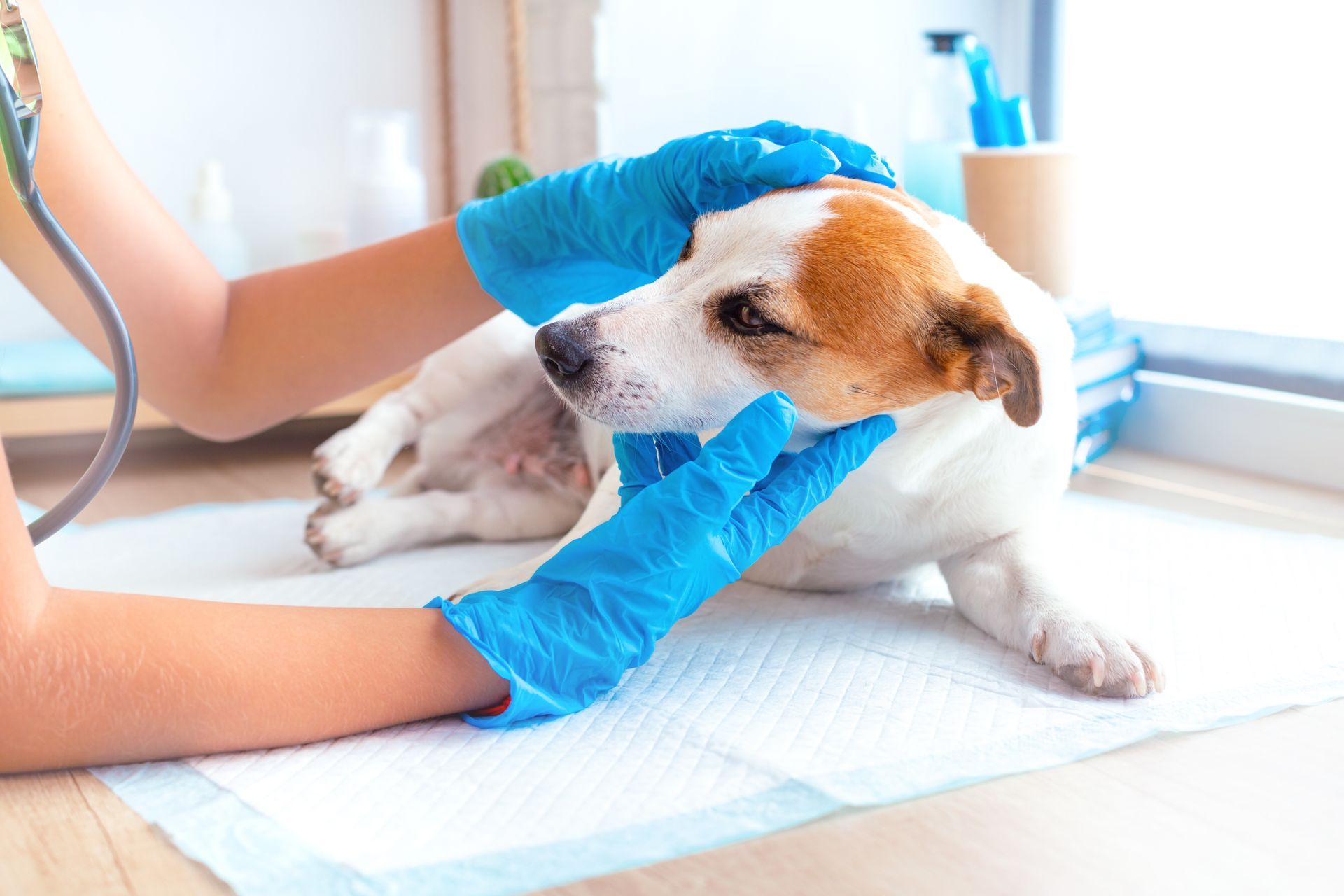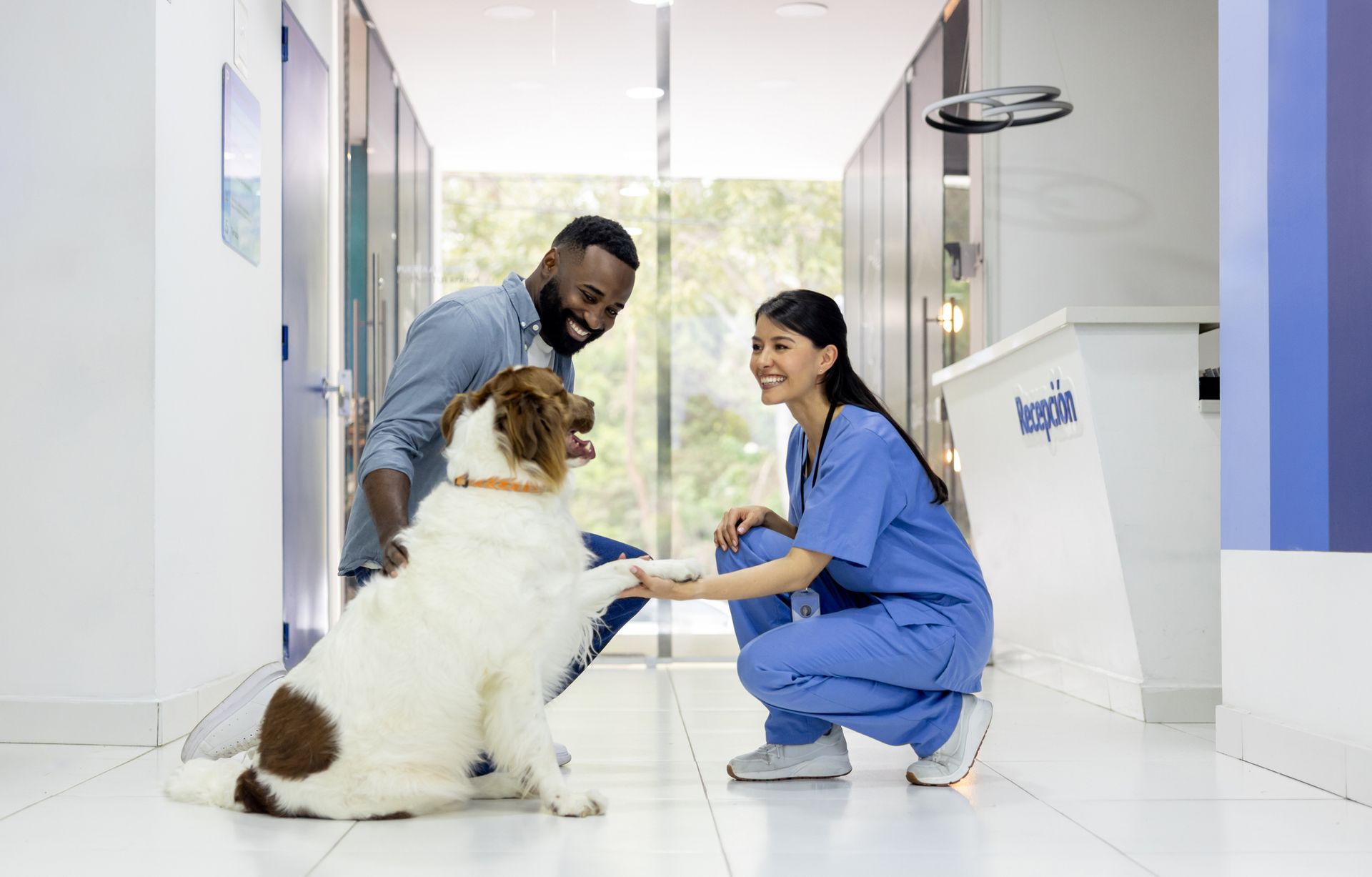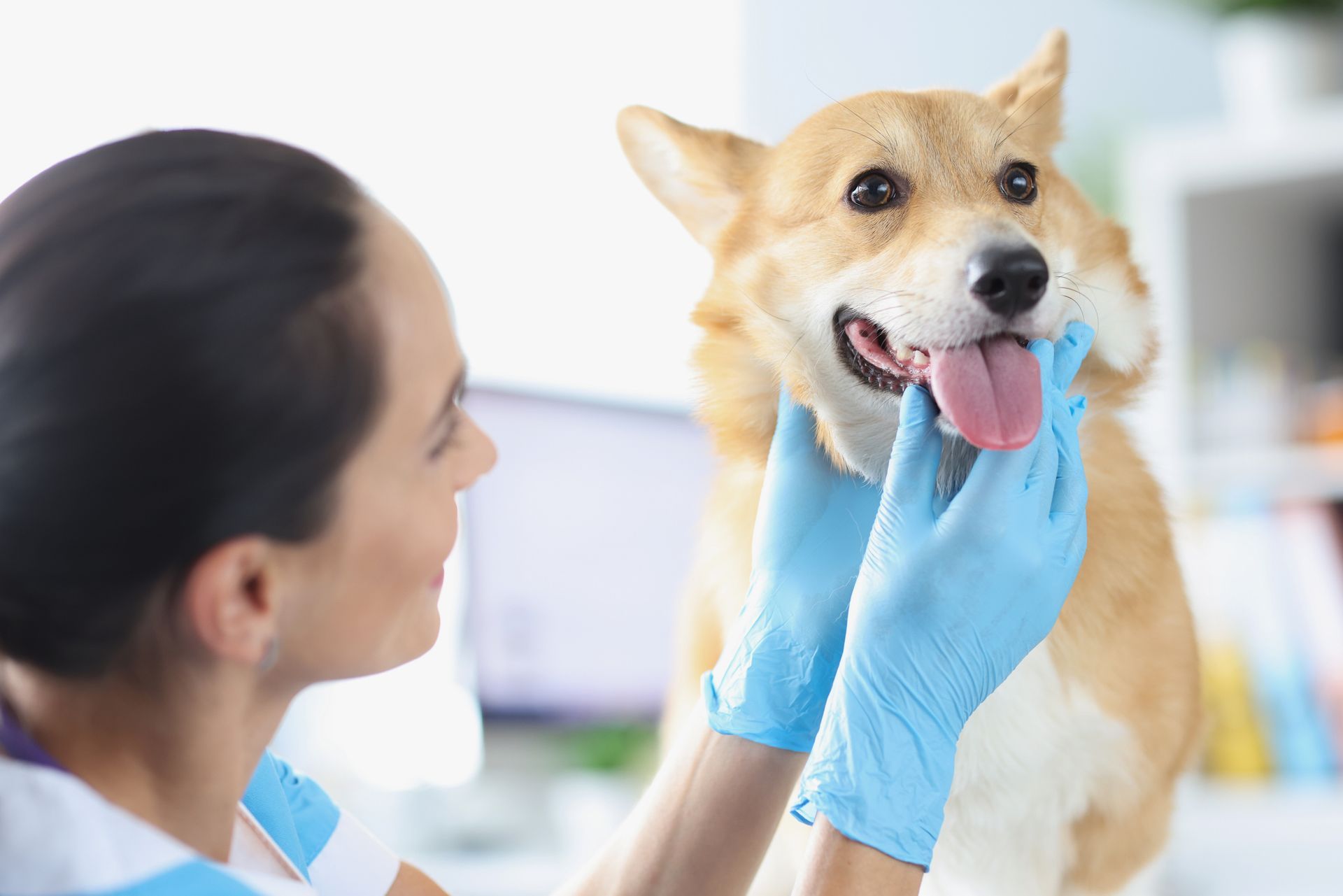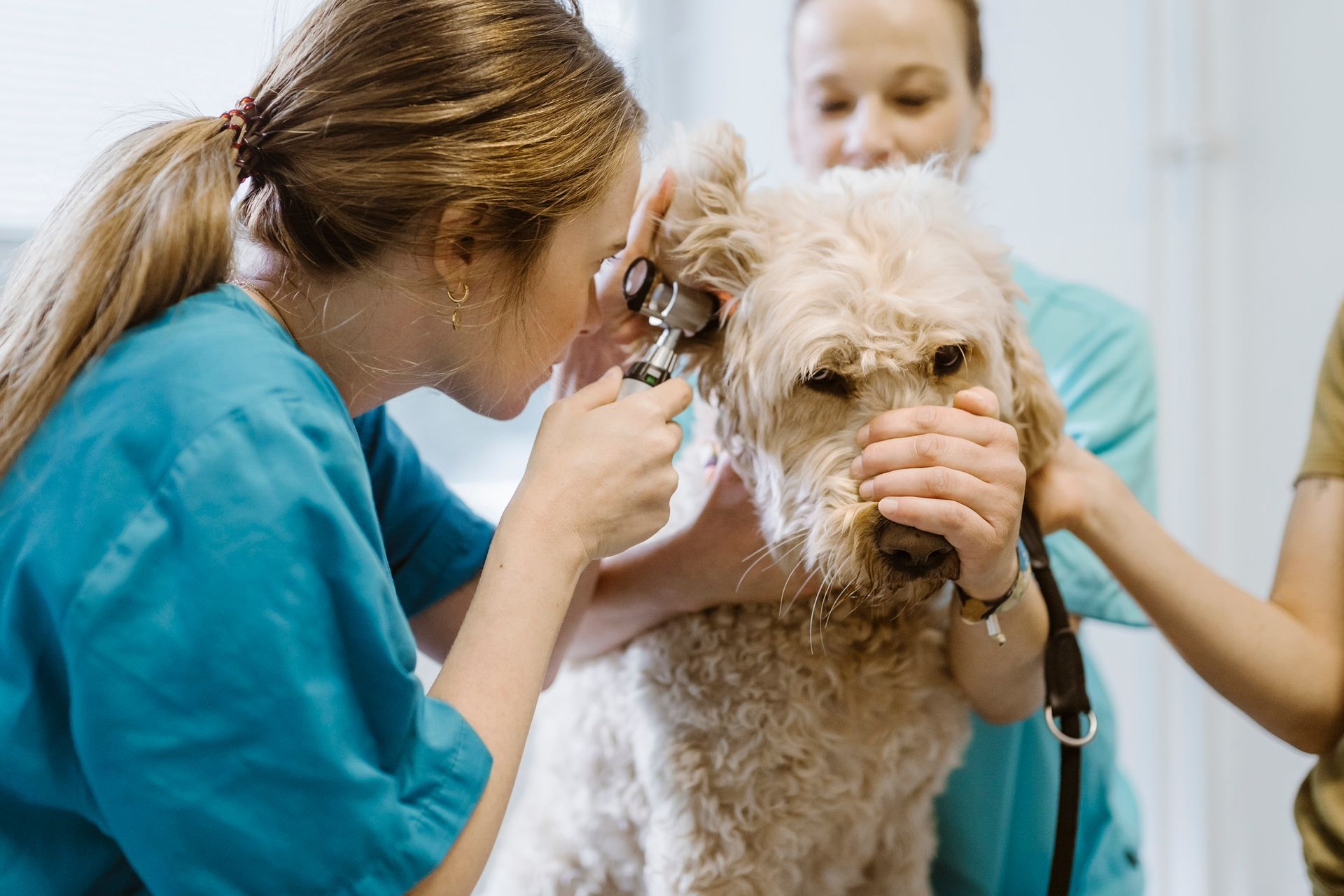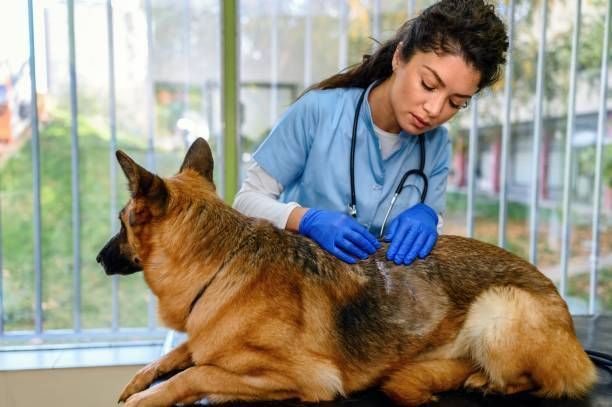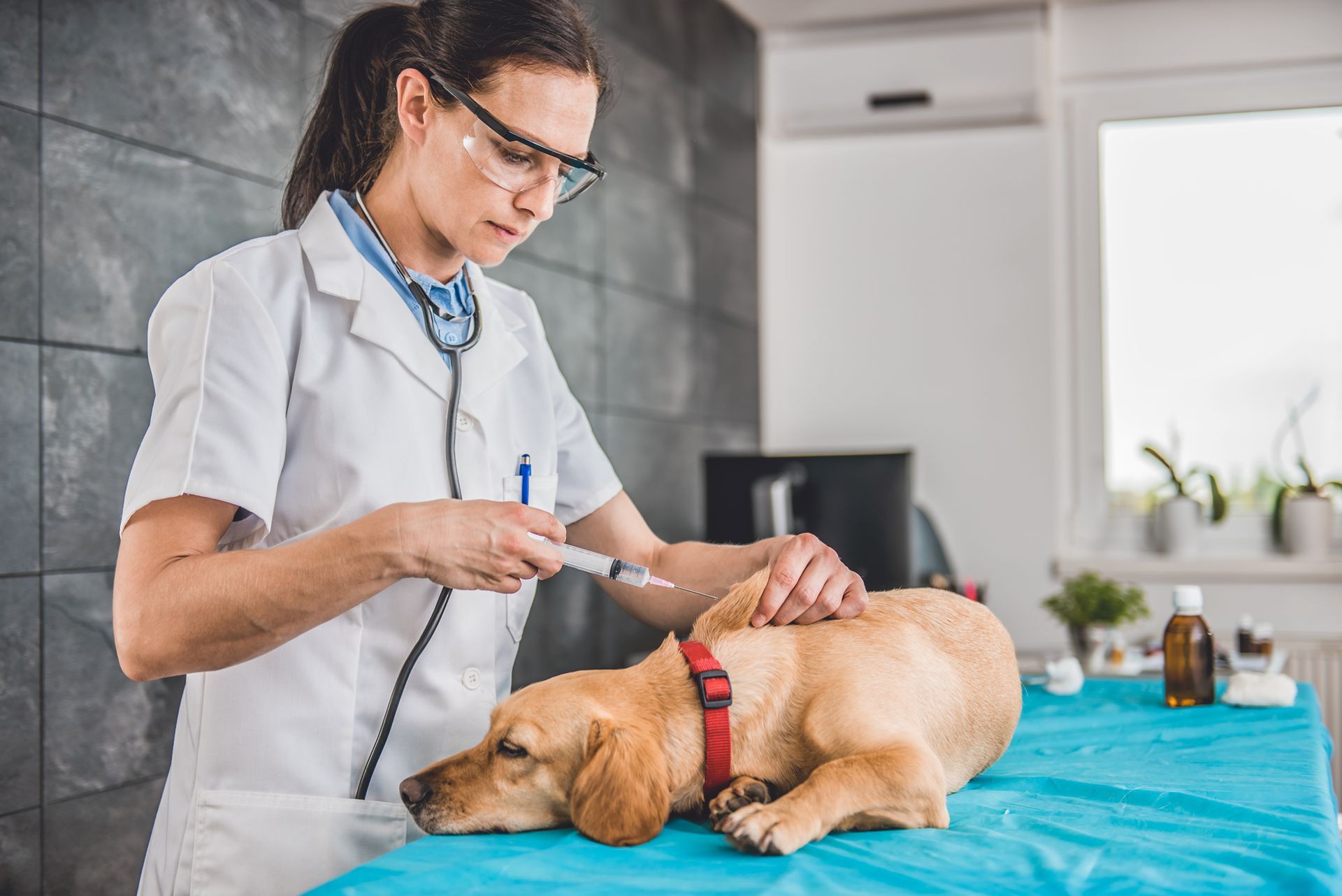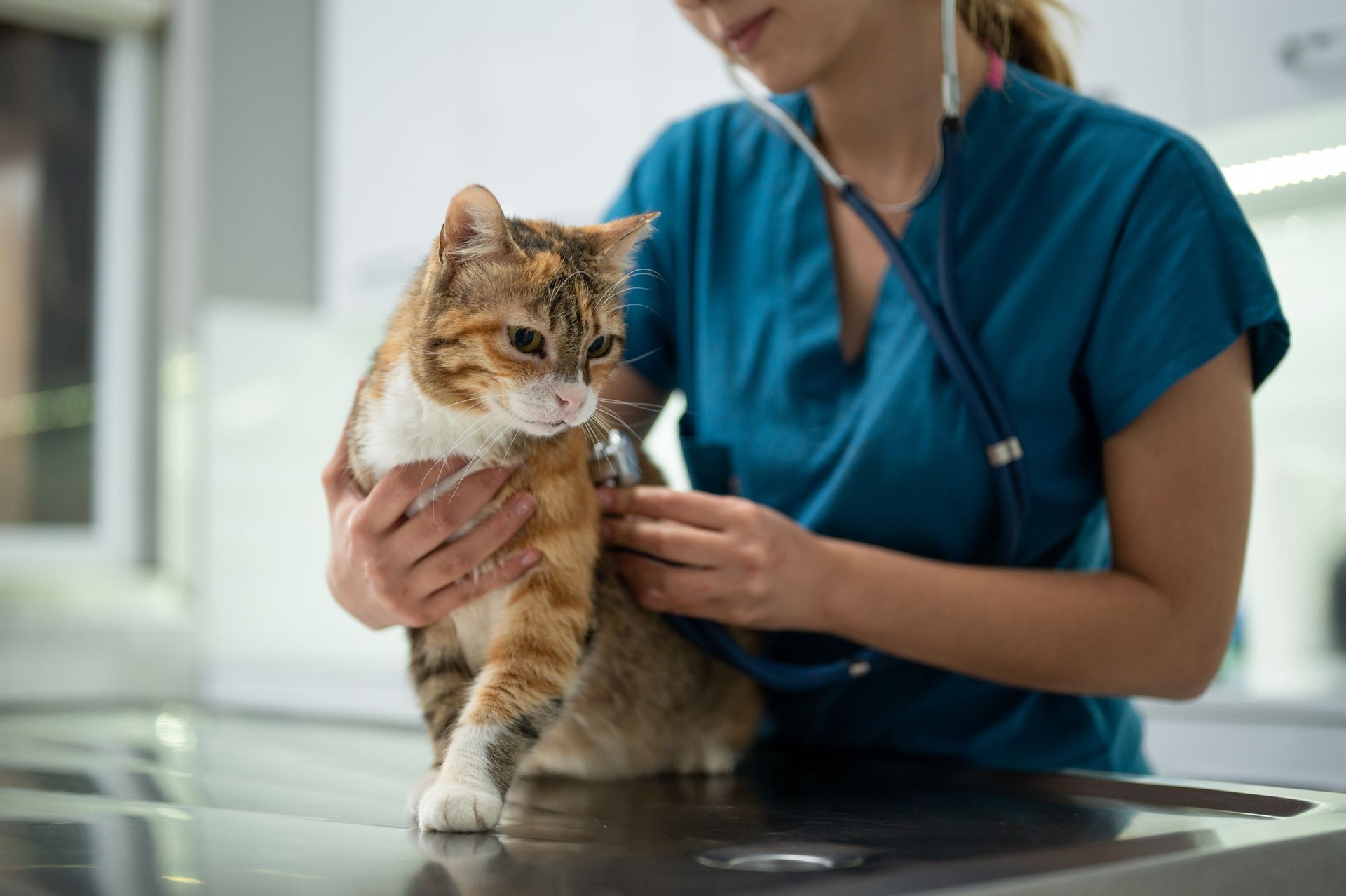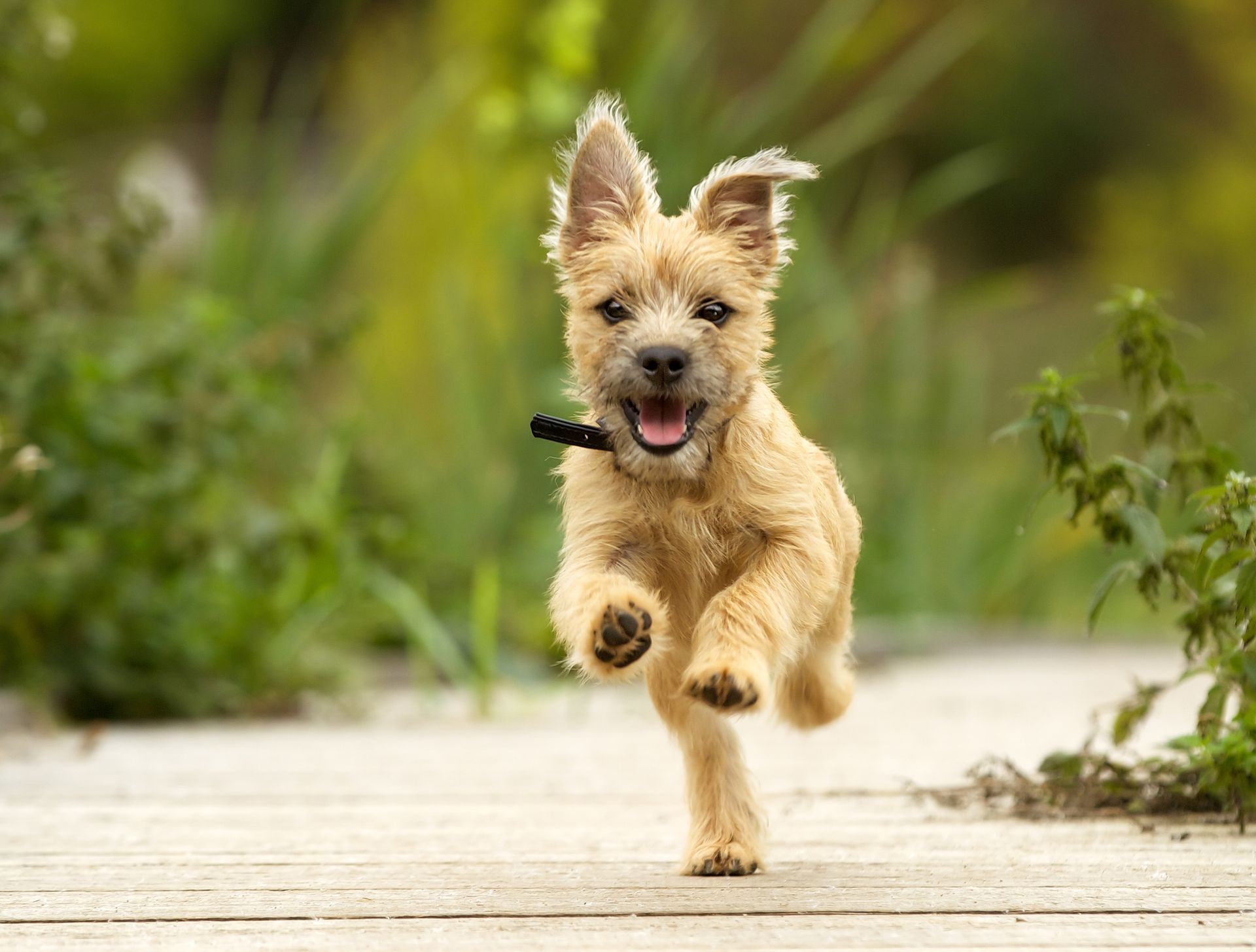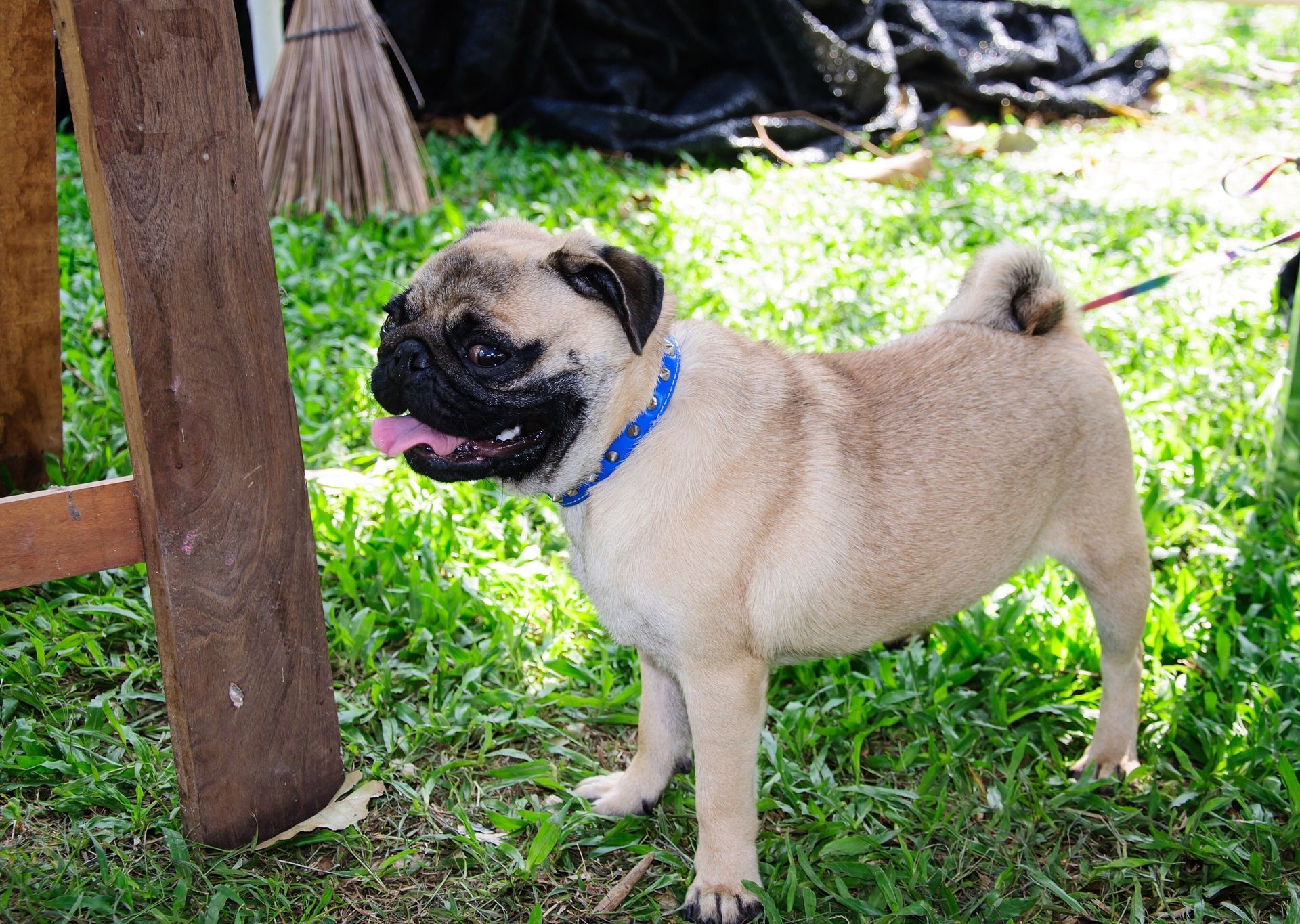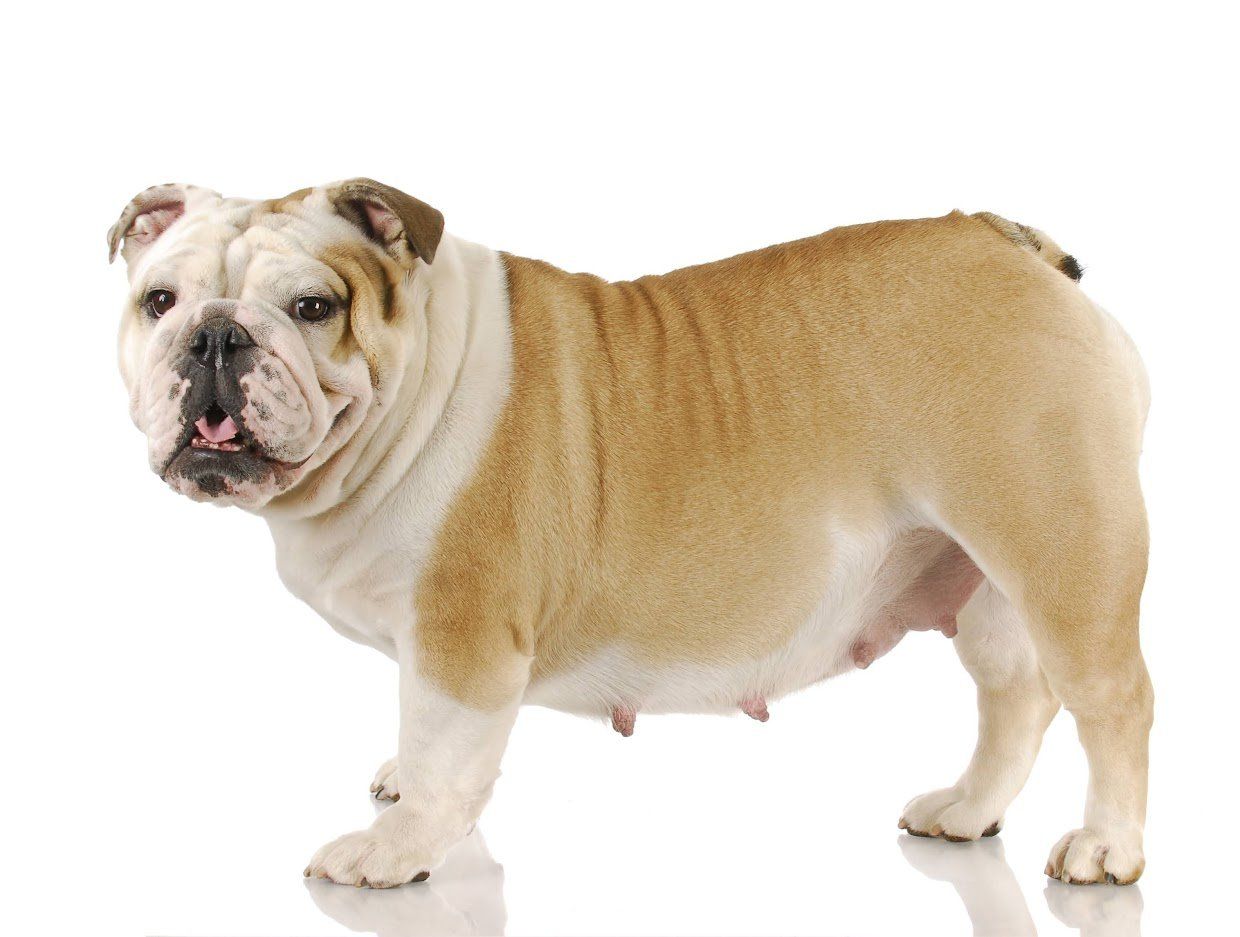Tips for Caring for Your Dog After Surgery
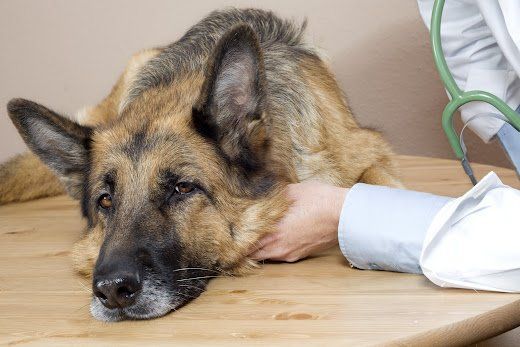
Has your dog undergone a minor or major operation? Certain surgeries are common for old and young dogs, but the entire experience can be unpleasant. For this reason, ensure your dog feels at ease while recovering.
Learning how to take care of your pet is important, mainly if it's your first experience. You want to give them the best chance to recover and avoid repeating the procedure, which can be difficult for your canine. Read on to learn how you can care for your puppy after surgery.
Take Care of the Wound
Before leaving the vet's office, you'll get guidelines on how to clean your dog’s wound. The advice may include the number of times you should clean the wound, what to use, how to apply antibiotic creams, and how to change bandages. In some cases, vets use glue to close wounds instead of sutures or stitches, so the wound will need to stay dry. You'll need to check it regularly to ensure it isn’t infected.
Whether you need to clean the wound or not, you should follow the vet's instructions. This will ensure the puppy heals quickly and will minimize complications or infections. You may see blood leaking from the wound area, which is normal. However, if the pus or blood is in excess, you'll have to inform the vet because it may be a sign of a severe infection.
Focus on Nutrition
After surgery, most canines refuse to eat because of the distress they experience. If you aren't careful, the pup will not eat enough to replenish its body and enhance the chances of healing fast. Therefore, serve appealing food. You may opt to do the special treats or a meal that's easy to digest, like cooked chicken.
While the objective is to ensure the pup feeds well, you shouldn't overdo it. Give tiny quantities of water and food, and consider spoon-feeding if they refuse to consume the food independently. Your vet should be able to share feeding ideas when you face challenges, so don't hesitate to call.
Isolate the Pup for a While
Although your loved ones and other pets will be excited to welcome the puppy after surgery, you shouldn't let them stay too close. The ailing dog can easily bite or snap at other pets or kids because of what they're going through.
For instance, the pain and discomfort felt after surgery can cause disorientation, so your pet may act unusually. Keeping them isolated for a day or two will help. Also, ensure other pets don't play with your best friend after surgery because intense play might affect the wounds.
Reduce Movement Indoors and Outdoors
Another essential thing you shouldn't forget is to limit your puppy's movements. Make sure your pet lays low for some days to improve the chances of a speedy recovery. Sometimes the pup might not want to play or run around, making things easier.
The duration for limiting movement will depend on the kind of surgery your pet had. For example, if they had limb surgery, try to keep them off their feet for longer. Wrapping the injured leg will aid recovery and reduce pain. Once their strength returns, you may incorporate light supervised movements or exercises into their daily routine.
Don't Forget About Follow-Up Appointments
Depending on the surgery, your vet may schedule several appointments with your canine. Most people prioritize the first appointments but ignore others if the dog seems fine. This is a mistake. You should show up for all check-ups so the vet can check the recovery process.
You can rely on Baywood Animal Hospital when your canine is a candidate for diagnostic services. We have a pet surgical facility and a competent team of vets that offer excellent treatment for pets. Contact us for details, and we'll meet all your dog treatment requirements.

